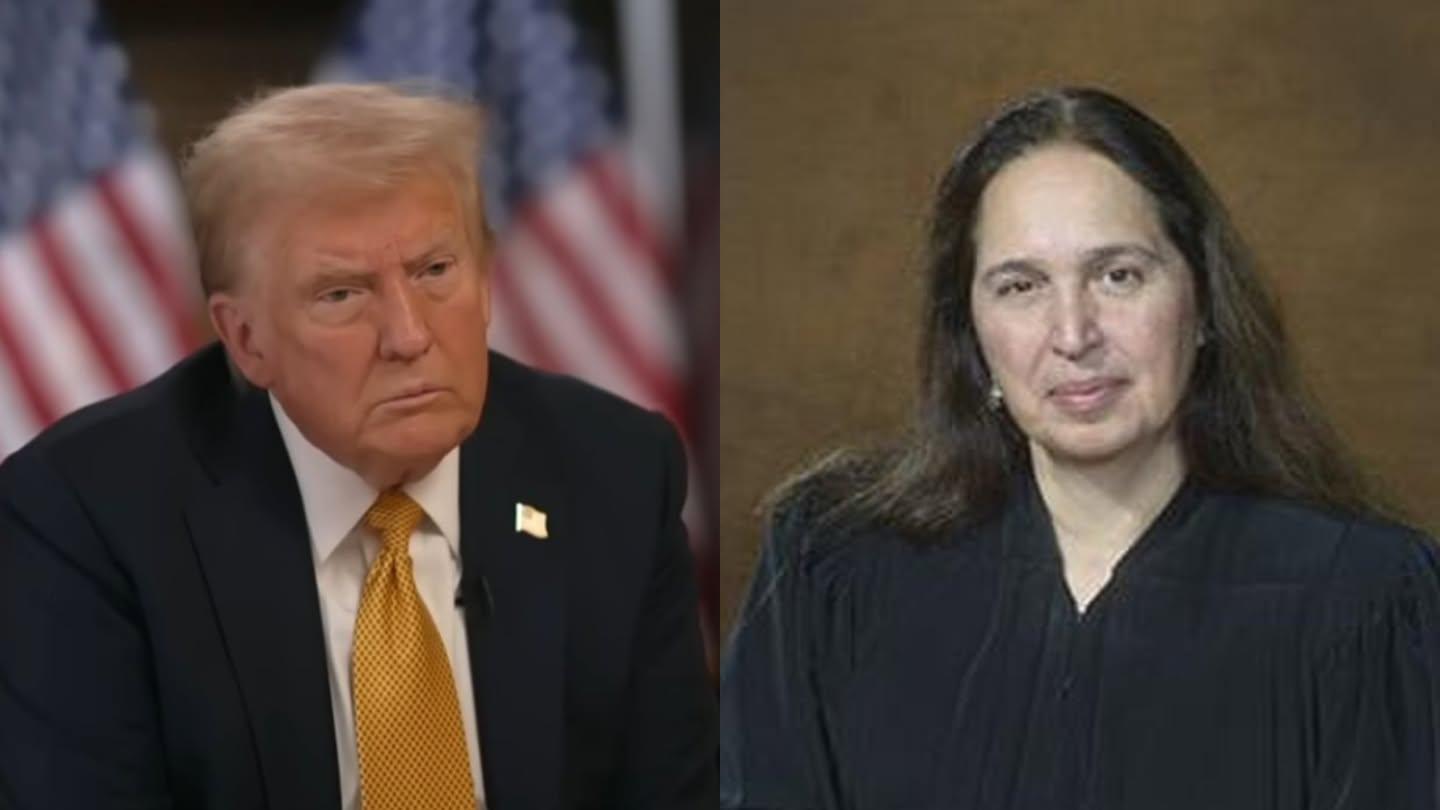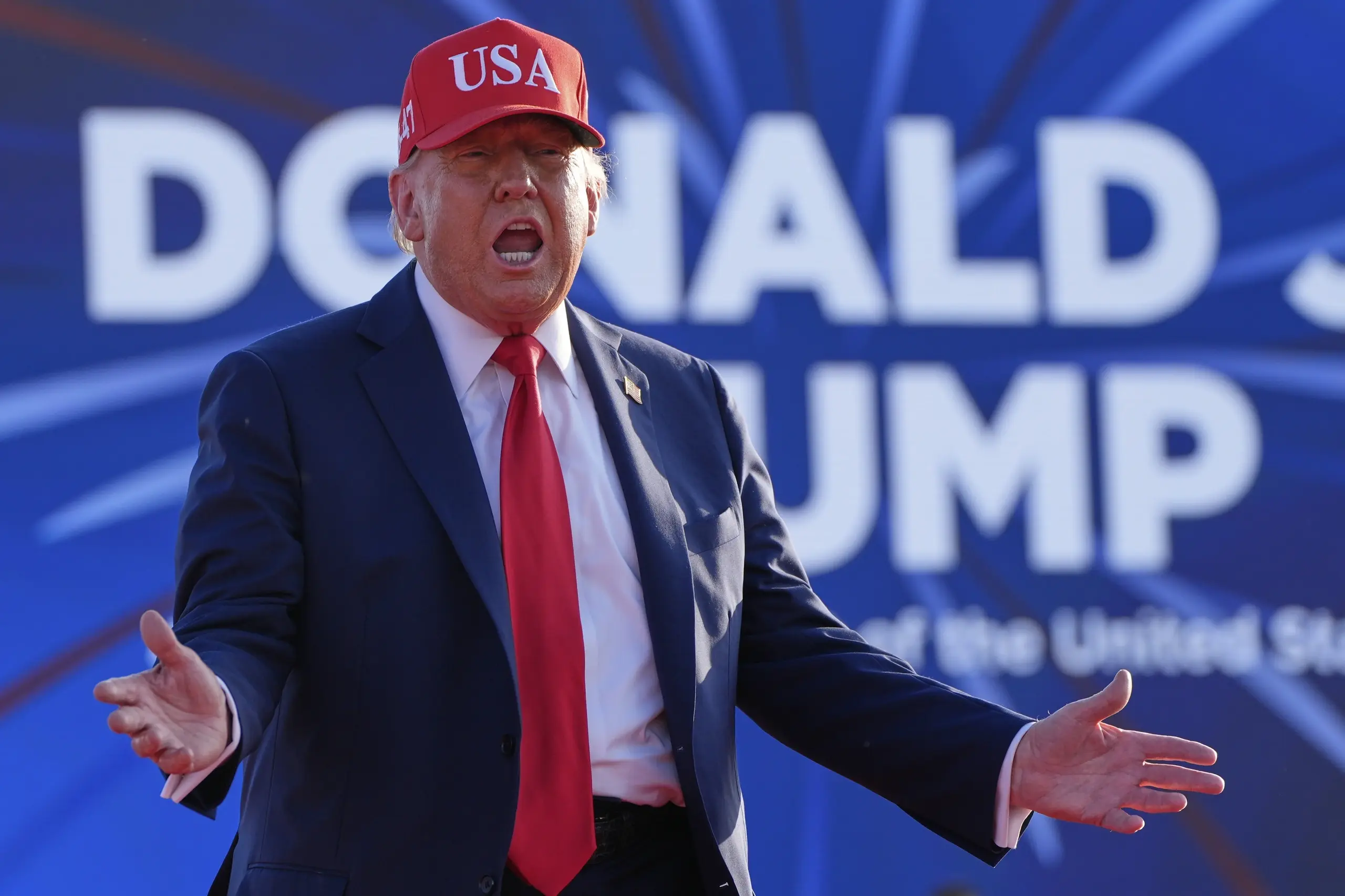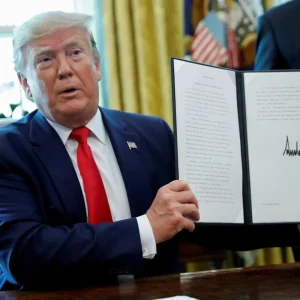On July 7, 2025, U.S. District Judge Indira Talwani issued a temporary restraining order blocking a provision of President Donald Trump’s “One Big Beautiful Bill” that would have cut Medicaid funding to Planned Parenthood for one year. The ruling, effective for 14 days until July 21, directs the Department of Health and Human Services to ensure Medicaid reimbursements continue to Planned Parenthood’s nearly 600 health centers. The decision came hours after Planned Parenthood, along with its Massachusetts and Utah affiliates, filed a lawsuit in Boston federal court, arguing the provision unconstitutionally targets the organization for providing legal abortions outside Medicaid’s scope.

The bill, signed into law on July 4, prohibits Medicaid payments to nonprofits primarily engaged in family planning and reproductive health that offer abortions and received over $800,000 in federal funding in 2023. Though not explicitly named, Planned Parenthood claims the provision is a “naked attempt” to penalize it, as it is the primary organization meeting these criteria. The Hyde Amendment already bars federal funds from covering abortions, except in cases of rape, incest, or life-threatening pregnancies, but Medicaid reimburses Planned Parenthood for services like birth control, STI testing, and cancer screenings. The organization serves over 1 million Medicaid patients annually, with 42% of its Southern New England patients relying on the program.
Planned Parenthood’s lawsuit contends that defunding would force approximately 200 clinics to close, 90% in states where abortion remains legal, leading to “devastating consequences” for patients in underserved areas. “This is about ensuring Medicaid patients can continue accessing care at their trusted provider,” said Alexis McGill Johnson, CEO of Planned Parenthood Federation of America. The organization called the provision a “backdoor abortion ban,” as clinic closures would limit abortion access even in states protecting reproductive rights. Posts on X reflected mixed sentiments, with some praising the ruling as a victory for healthcare access and others criticizing it as judicial overreach.
The Trump administration defended the provision, stating it aligns with public opposition to taxpayer funding for abortion-related entities. Anti-abortion groups, like Susan B. Anthony Pro-Life America, condemned Planned Parenthood’s lawsuit, framing the bill as a “historic victory” to stop “forced taxpayer funding of the abortion industry.” The Department of Justice has until July 14 to respond, with a hearing scheduled to determine if the pause extends. The ruling marks the first judicial limit on Trump’s sweeping tax and spending package, which also cuts $600 billion from Medicaid over a decade, potentially leaving 11 million uninsured by 2034, per the Congressional Budget Office.
The case highlights ongoing tensions over reproductive healthcare. A recent Supreme Court decision allowed states to block Planned Parenthood’s Medicaid funds, emboldening Republican efforts. States like South Carolina, Texas, and Arkansas have already restricted such funding, and more may follow. Planned Parenthood vowed to continue serving patients, with leaders like Amanda Skinner of Southern New England affirming, “Our doors remain open, regardless of payer source.”






